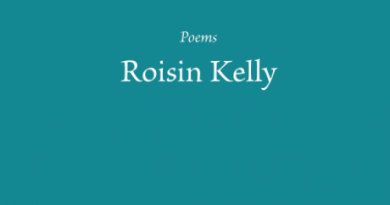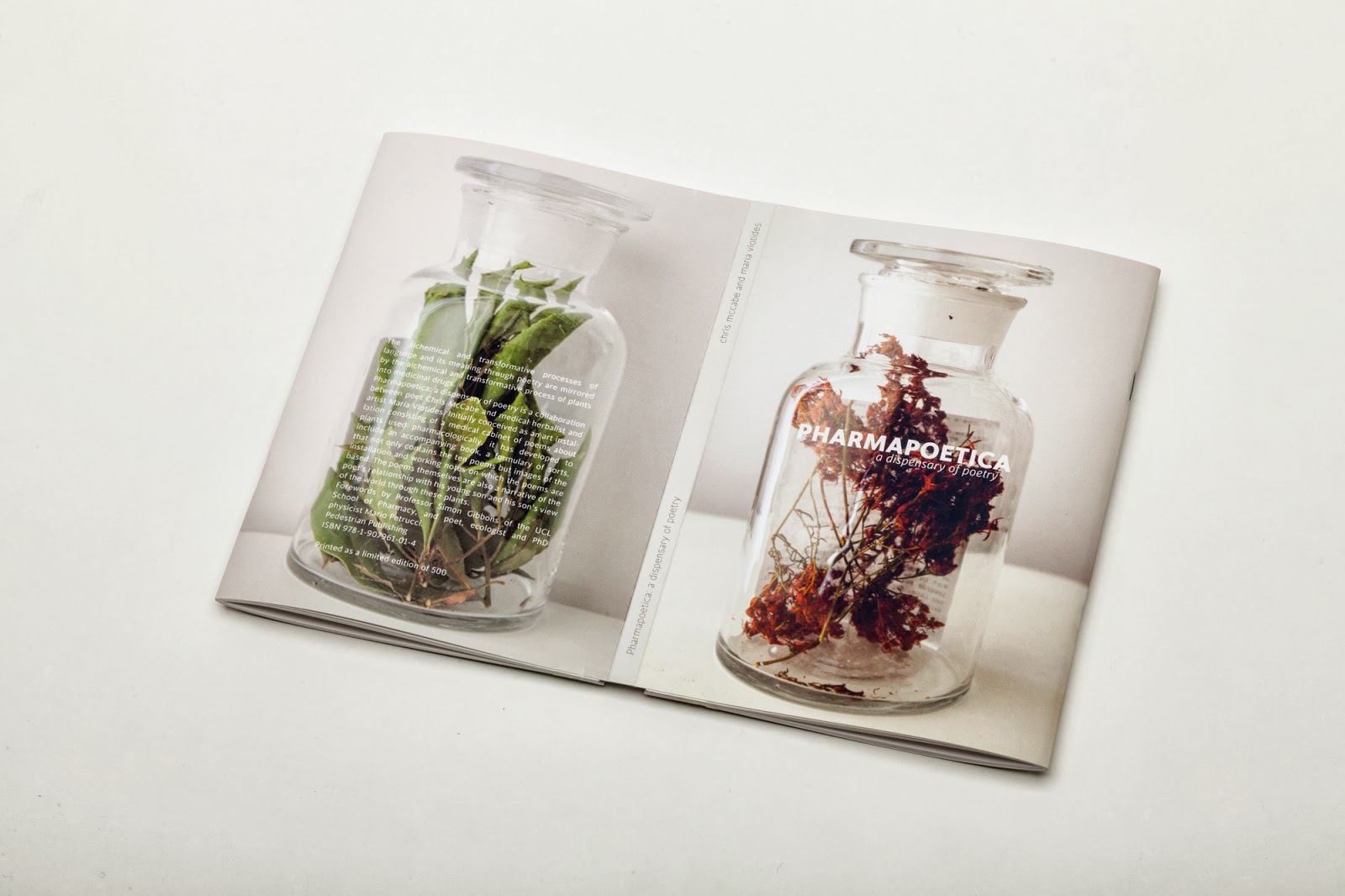‘Reasons not to live there’ by Humphrey Astley
-Reviewed by Afric McGlinchey–
This small, self-published pamphlet opens with ‘Homework’, a stream of consciousness that flows, like Joyce’s Molly Bloom soliloquy, unhindered by a single full stop. The ‘blood-red Spanish wine seeping my studies’ is in a mug, but as soon as the reader has smiled at that small detail, some unsettling images are introduced. Although the speaker’s friend has a ‘foreign girl’ who ‘begs for him in London and begs for him inside her’, he ‘would never make a slave of a woman who can’t be alone so…he must be good we must be good unlike the young men responsible for the recreational drug rape of my sister…’
The speaker allies himself with his friend who, he feels, is not exploiting someone – and yet he is, by getting her to beg for him. These moral shades of grey are what define this pamphlet. Today, the virtual world has become, for many, almost more real than the concrete world, and the speaker is conscious here not only of his apathy (‘I have no opinion’), but also his altered sense of reality: ‘in the parallel universe known as the real world…’
The text moves from one situation to another, from the present to the past, his Irish mother who ‘gave her youth to England only to be spat on in the street’. But in spite of the injustices he mentions, the speaker simply wants to get drunk and ‘sing off-key and in the azure morn raise with tongues like two dry leaves’. Here again, he reflects the passive stance of those who just want to have fun: ‘I’ll stay here with my wine…’
In the next poem, ‘Resolution’, this notion of taking the path of least resistance persists. It’s the end of a relationship, but
‘you are staying together,
because if either of you leaves,
there will be less warmth for the baby.’
Once more, all is not as it seems: ‘Your happy home is as real to me/as a haunted house.’
‘St Mary’s Road’ opens with a defensive line: ‘They weren’t Pakis to us’. Again, there’s a grey area: while the speaker’s family avoids this politically incorrect word, he uses it here, to show us that this wasn’t the reason for the tension between them. Instead, ‘we had our own reasons/for hating them.’ These reasons appear to include ownership of a ‘two-timing’ tree that grows ‘right through the wall’ between the two gardens. In the next stanza, the kids next door are referred to as ‘Indian’ – perhaps a more accurate word than the earlier ‘Pakis’. The tree gives the kids an excuse for ‘make-believe claims/on its roots’. It’s an interesting poem, because the moral ambiguity apparent in previous poems continues; while there was some sense of patriarchal ownership over women in the earlier poems, here, it’s territorial. And with the mention of ‘us’ and ‘them’, of race, comes the implication of empire. Even between children, in contemporary England, the notion of conquering is all-consuming: ‘How many times could we have/the same argument? As many as it took to give them what for.’
In the more experimental poem ‘A hard-on in the shower,’ the speaker is again sitting on the fence, or more literally, hanging ‘in the doorway.’ But as with other poems in the pamphlet, inexplicable line endings and indentations make this a less than satisfying poem, both visually and in terms of meaning. For example, the word ‘the’ is indented and also stands alone, as does ‘our’ ‘and’, ‘with’, ‘and my’, ‘with the’ etc. As Don Paterson puts it, well-considered line endings allow for key words to ‘resonate into silence’. There was an opportunity for powerful resonances here, and in other poems, which the poet missed.
‘The Big Society’ is a gentle dig at the PM who chats with his children over breakfast as it’s ‘good practice for dispensing little pearls’ even though ‘at this rate the kids’ll be late for/the best school’. His inner circle ‘seal him in a circle’ and ‘like to smell the money in each other’s musk’. The internal rhymes and assonance (crest/chest, dress/peck/ desk/press; spilling/pillow; golden/yolk/ hook/neck; stack/tabloid/rags; world/pearls) throughout the poem create a neat cohesiveness. Again, the idealistic colour ‘azure’ appears. Twice, for added irony. But after the moral ambivalence of other poems, the authority of the speaker to be critical lacks credibility.
Having said that, the following poem, ‘St Giles’ Street’, is, in my opinion the most convincing in the collection: because the speaker puts on ‘an oversized suit’ and makes a stand, even though the two repeated lines return to his more usual tentative tone: ‘These are not patterns,/but prayers of a sort.’ And yet, what the poem suggests is that a pattern is finally being broken.
‘Reasons not to live there’ and ‘Holiday’ are similarly heartfelt and intimate. Underlying the cynicism (‘I’ll have to get you wet with booze and/mould you into someone I can/use for a foil’) a longing for some kind of constancy can be detected. Remote places, such as the Scottish highlands or the beaches on the south coast, are simplest, where ‘the attractions are old fashioned’.
Today’s world is complex, and in his pamphlet, Astley has captured the confusion faced by the youth in Britain, where identity is no longer established simply by an accent. Here is a thinking poet, with a natural talent, whose work shows considerable promise.






Pingback: Top Website for Self-Publishers Award « Sabotage